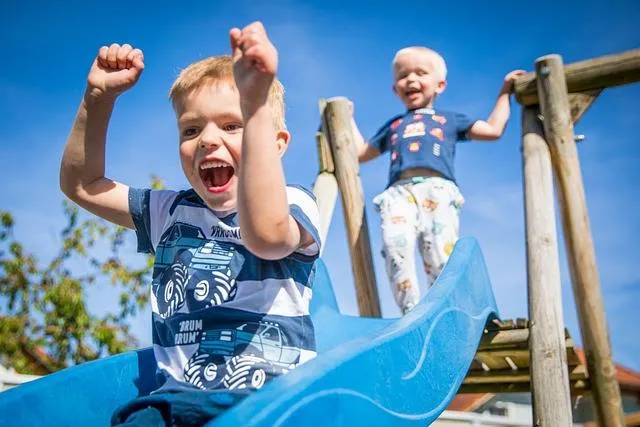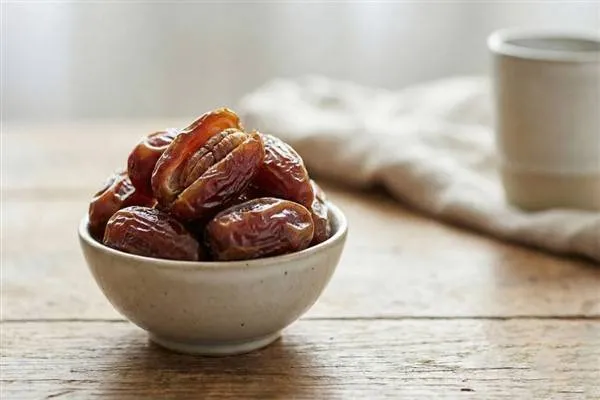Games Contribute to the Child's Muscle and Bone Development
Elif İpek Tutuş, Instructor in Child Development at Üsküdar University, stated that games are an activity in which the child actively and joyfully participates, supporting all areas of the child's development, whether they have a specific purpose or not, and whether they are rule-based or not.
Elif İpek Tutuş, Instructor in Child Development at Üsküdar University, emphasized that games are a part of a child's life. She said, "Supporting a child's development, socialization, practicing daily life skills, and, above all, having enjoyable time are important aspects of a child's life. A child's games and toys can vary depending on their age, developmental characteristics, and areas of development. Games support a child's development, enhance empathy and creativity, promote taking responsibility, allow self-expression, and help with practical life experiences," she stated.
"Toys should be age-appropriate"
Tutuş stressed the importance of choosing age-appropriate toys for children and said, "In early childhood, toys that could be swallowed, are not soft, or are electronic should not be chosen. Selecting sturdy and durable toys and ensuring that the chosen toy is suitable and functional for the child's age is crucial."
"Games Contribute to Muscle and Bone Development"
Tutuş explained that it is important to select toys and activities that aim to support a child's gross motor, fine motor, language, social, and cognitive development in the preschool and school years. She said, "Preschool-age children have a highly developed imagination. During this period, toys and materials that support this ability should be chosen. These may include miniature dollhouse toys for practicing symbolic play, practicing life, and active participation. In addition, puzzles, simple board games, and memory cards can be chosen for cognitive development, while blocks, Legos, bead threading sets, and wooden toys promote motor development. Active games can contribute to a child's muscle and bone development and accelerate blood circulation."
"Pots and wooden spoons are also toys"
Tutuş pointed out that games also support a child's emotional development by allowing them to express their feelings. She continued, "In games played with a group of children, social skills such as taking turns, protecting their rights, helping, and cooperating are developed. Plush toys, illustrated books, and musical instruments are basic play materials that support the development of preschool and school-age children. Not only these, but also cooking pots, wooden spoons, old clothes, natural objects, waste materials, water, sand... All of these can become play materials on their own and can be used for various games and activities."

"Games are Important in School Years Too"
Tutuş emphasized that games are important not only in preschool but also in elementary and middle school years. She said, "Especially educational games, intelligence-enhancing board games, and community activities where children play with peers are prominent during this period. Games played in a group of peers promote a child's development in terms of etiquette, understanding how to exist in society and protect their rights, the ability to cooperate, patience, and empathy."
"Constantly saying 'study' is not correct!"
Tutuş emphasized that games are the child's job and continued, "It is not correct to say that a child should only play in early childhood and study constantly in school. In school years, the child's responsibilities should certainly be emphasized, but the right to play should not be taken away from the child. In school, games should be played regularly with children, but care should be taken to ensure that the selected games are appropriate for the child's age and developmental characteristics, and the child should be encouraged and supported in this regard."
"Games also teach tolerance and cooperation"
Tutuş emphasized that games that promote cognitive development will not only contribute to a child's academic success but also socially, by developing tolerance, assistance, and the ability to cooperate in community activities. She concluded, "In this regard, parents are recommended to engage in activities such as puzzles, board games, nature walks, discoveries, or activities with waste materials on weekends. During school hours, it is important to ensure that children play with their friends during breaks and actively play games, which not only contributes to relaxation between classes but also strengthens their relationships with peers."
Hibya Haber Ajansı British News Agency

















